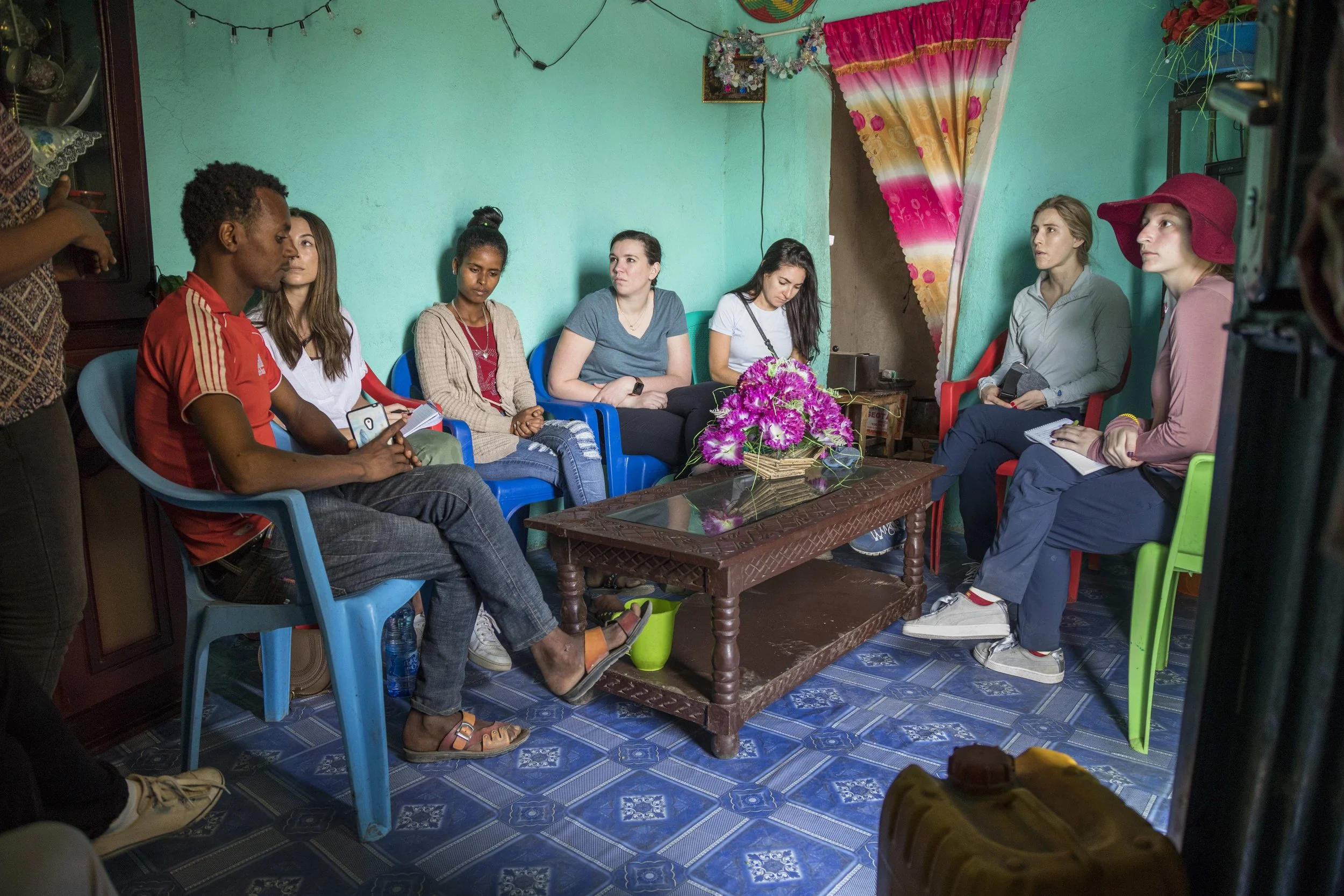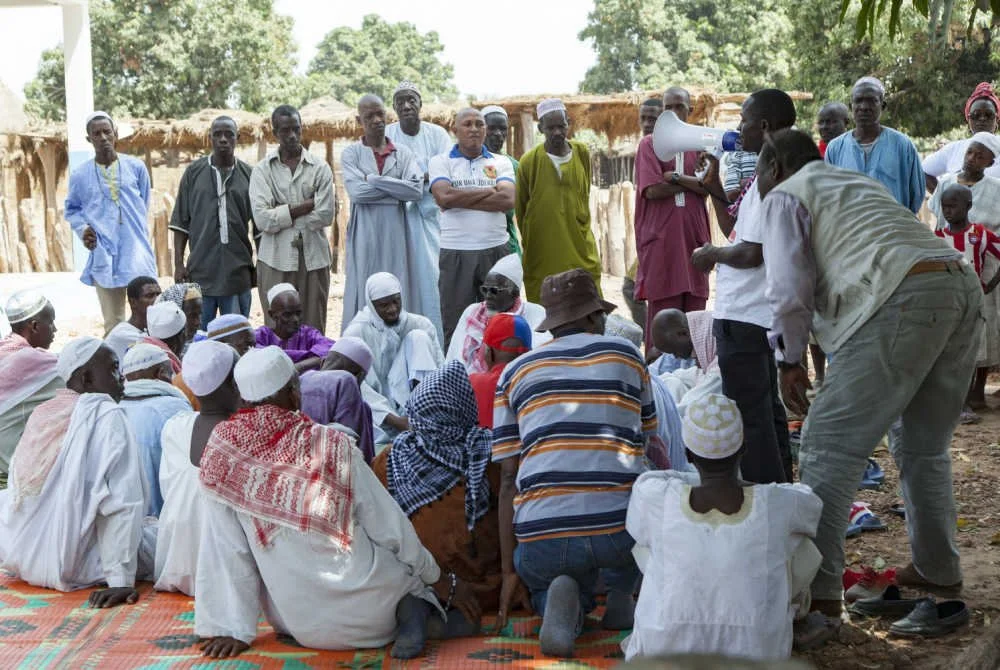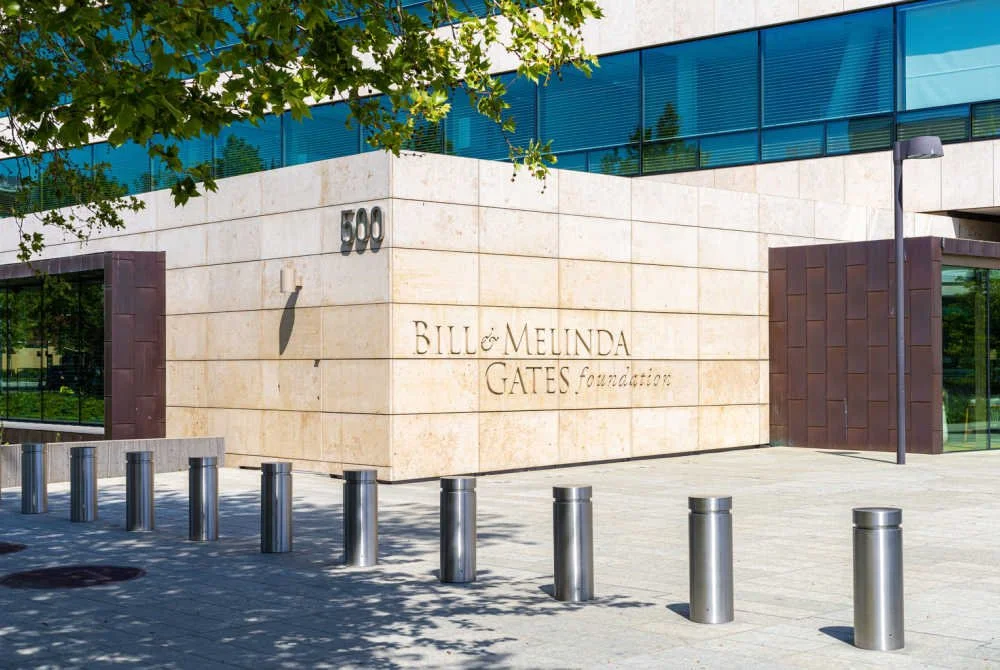In a World of Suffering, Can Philanthropy Really Make a Difference? Ask This Foundation
/A young boy in Bangladesh. photo: towfiq barbhuiya/shutterstock
The world's problems can feel overwhelming, especially lately—with 65 million refugees displaced from their homes, 30 million people facing starvation in multiple famines, and over a dozen wars ongoing on multiple continents. More quietly, millions of children still die in poor countries from preventable causes.
It's all enough to make a foundation or major donor want to throw up their hands. How can the relatively paltry resources of private philanthropy possibly make a dent in this endless flood of misery and death?
In fact, there are a lot of ways. And we continuously report on funders finding intervention points in some of the most desperate places in the world that make a huge difference in people's lives. To be sure, the foundations with the deepest pockets—like those bankrolled by Bill Gates and Michael Bloomberg—tend to achieve the greatest impact in terms of lives saved or improved. And the same goes for the largest NGOs in the world, like Medecins Sans Frontieres or CARE.
But there are plenty of less well-known organizations doing heroic work to improve human life in poor countries or devastated regions, often with relatively modest resources. And one way to learn about them is by paying attention to the Hilton Humanitarian Prize, which is being awarded today at an all-day event in Los Angeles.
Established in 1996, the prize—originally $1 million—was the largest of its kind. During those early years, it was monetarily equivalent to the Nobel Peace and Templeton prizes. In 2005, Hilton decided to increase the purse to $1.5 million and in 2015, the foundation increased the prize money even more to a total of $2 million. It remains the largest prize of its kind.
The critical component of any group anywhere in the world winning the Hilton Humanitarian Prize is that it must have made “extraordinary contributions toward alleviating human suffering,” often at great risk and hardship to the organization’s personnel. The prize, according to the foundation, is not only intended to recognize the work of the winners, but to call attention to the ever-increasing need for global humanitarian aid—which the Conrad N. Hilton Foundation knows a little something about.
Related: The World’s Largest Humanitarian Prize Just Got Larger
Hilton has been offering aid to some of the world’s most vulnerable populations since it first opened in 1944. Since then, it has given away over $1 billion in grant money to organizations working in its priority areas such as helping children with HIV and supporting outfits combating avoidable blindness. The Humanitarian Prize operates a bit differently in that it is open to just about any group alleviating human suffering anywhere in the world. This year’s winner is the international global health research institution icddr,b.
Based in Bangladesh, icddr,b is committed to battling public health challenges in low- and middle-income countries. According the Hilton Foundation’s press release, icddr,b “has been at the forefront of innovative, low-cost health solutions that have resulted in saving millions of lives globally.”
Ever heard of this outfit? We hadn't either, which is partly the point. Past winners of the prize tend to fly under the radar. In 2015, for example, the prize went to Landesa, which has worked for decades to provide secure land rights to an estimated 115 million families. Anyone who knows anything about life in developing countries knows just how critical this issue is, especially for desperately poor farmers. Another issue spotlighted by Hilton through the prize is mental health—an area surrounded by enormous stigma and suffering worldwide.
The prize money of $2 million may not sound like much in today's era of eight- and nine-figure gifts. But it can go a long way for organizations working in poor countries. The new recognition and connections help, too, and recipients have their own network, the Hilton Prize Coalition, to share learning and engage in several collaborative initiatives.
As a newly minted Hilton Humanitarian Prize winner, icddr,b is planning to use its $2 million windfall to advance its in-house pipeline of low-cost health products and interventions. The products address a wide range of public health challenges in developing countries such as severe acute malnutrition, postpartum hemorrhage, pneumonia in children, and tuberculosis. To give you an idea of the scope and scale of just two of these global health problems, an estimated 16 million children under the age of five are affected by severe acute malnutrition and postpartum hemorrhage is the leading cause of maternal deaths around the world.
Hilton Foundation President and CEO Peter Laugharn said, “icddr,b has had a profound impact on health crises and breakthroughs worldwide."
Conrad Hilton left nearly all of his estate to the foundation in his will. Among the responsibilities with which he charged foundation trustees and staff was to “shelter little children with the umbrella of your charity.” In this regard, icddr,b has made quite a profound impact for decades as a global hub for innovative research on diarrheal and enteric diseases.
Globally, diarrheal disease is the second leading cause of death for children under five. It is also the leading cause of malnutrition in children under five. Diarrheal diseases are both treatable and preventable. icddr,b runs one of the largest diarrheal hospitals in the world and has been a leader in research and development of treatments for diarrheal disease.







































